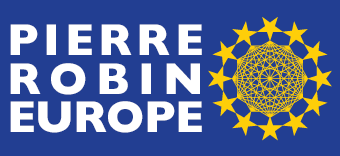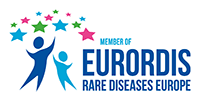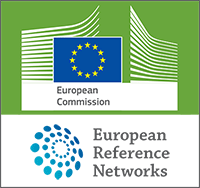Rare Disease Collaboration… and Obstruction
Even if global policies support rare diseases, all the way up to the UN level – and even if various tools have been created to promote the rare disease agenda – in Europe I am thinking of Orphanet, Clinical Patient Management Systems, European Reference Networks, the 2011 Cross-border Health Directive, etc… what should rare disease patients do when local doctors do not want to cooperate?
Collaboration, cooperation and pooling of knowledge are widely discussed these days, and as the EU’s Health Commissioner Vytenis Andriukaitis has pointed out, “It is virtually impossible to help people with rare diseases without collaboration”…

But what recourse do rare disease patients really have when they face non-cooperation, or outright obstruction?
What if their legal right to access safe and medically proven rare disease treatments in other EU Member States is simply ignored?

The EU’s 2011 Cross-border Healthcare Directive, Article 13, “Rare Diseases”… but what if the law is ignored?
This is not a technical, organisational or administrative problem, this is a human problem, and I honestly can’t see any easy solutions. A rare disease patient in the EU seeking a highly specialised rare disease treatment only available in another EU Member State must essentially ask his or her local doctors to formally admit in writing that the medical treatment they offer is clinically inferior to the medical treatment which has been developed by competing doctors just next door in that “other” European nation. If the treatment is time sensitive, then this letter has to be obtained now, right now, not later. Based on simple human nature, pride, and based on practical considerations as well – a doctor’s understandable reluctance to lose patients to other doctors – this can be a disaster waiting to happen, for an EU citizen who is already struggling with a rare disease.
This issue is both difficult and unpleasant.
But for the sake of Europe’s rare disease patients, this difficult and unpleasant issue must be discussed.









